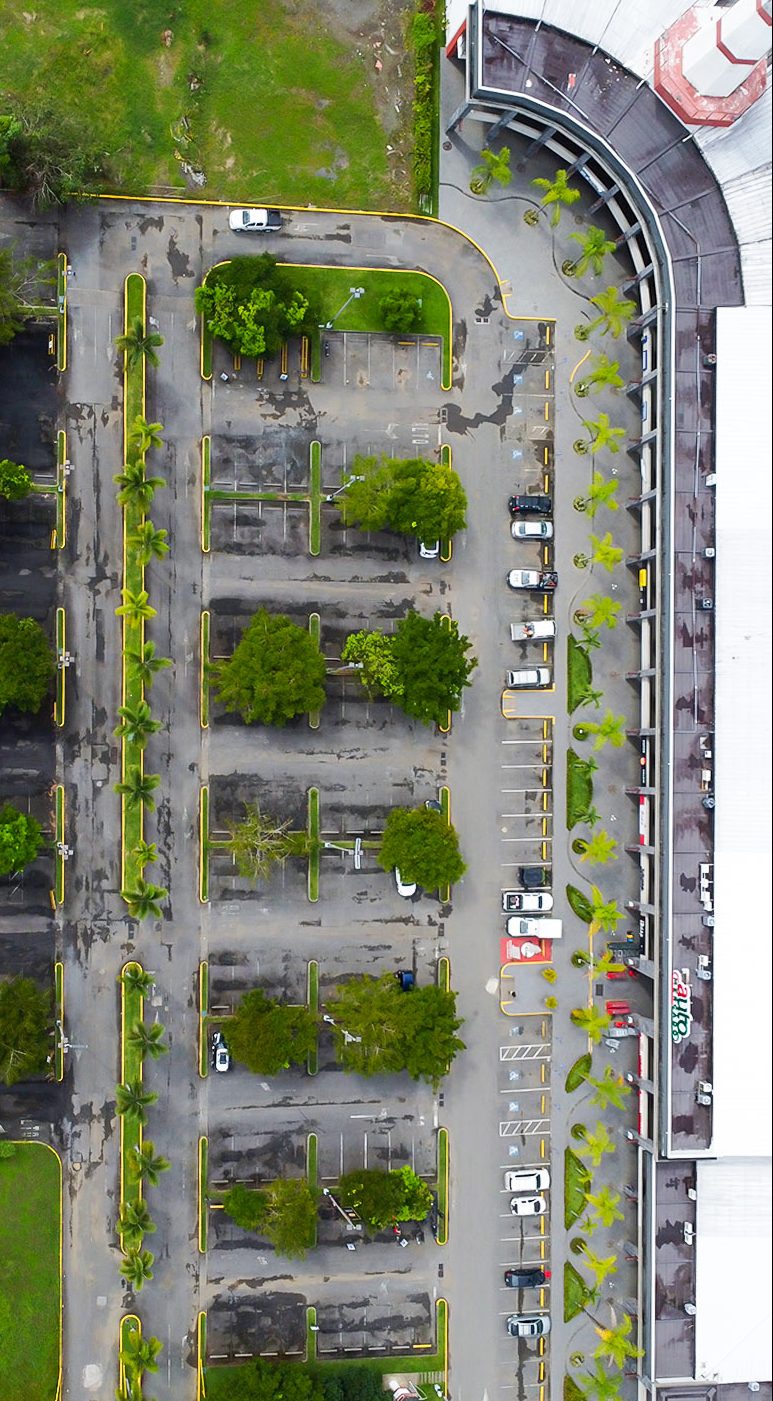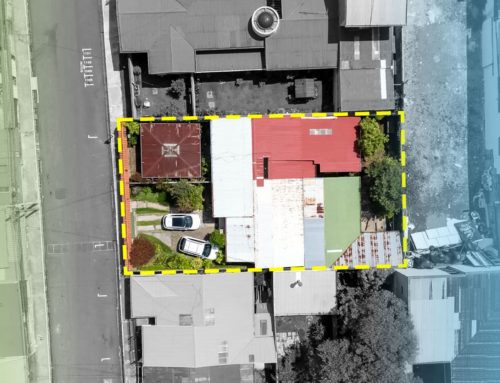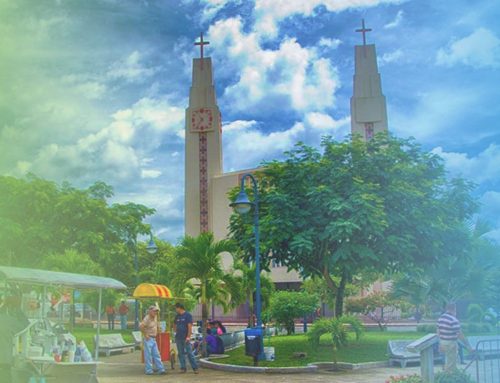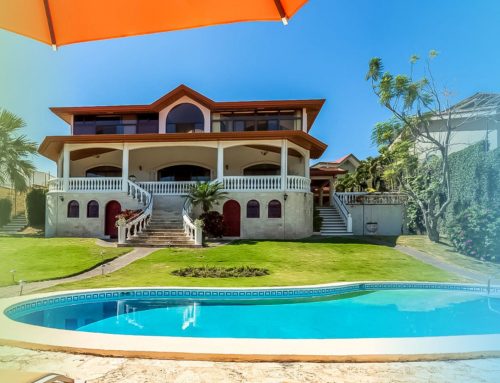Commercial premises are a physical space in which commercial activities are developed, whether selling goods, products or providing services. This space is intended to attract a target audience and therefore, its legal nature is different from that of a house for example.
In Costa Rica, it is important to understand that this legal figure is governed by certain specific regulations that control from its use to the different lease options. Some considerations about commercial premises are:

Law of Arrendamientos Urbanos y Suburbanos
Commercial premises in Costa Rica can be leased or sold through a purchase-sale contract. According to article 79 of Law No. 7527, for the purchase and sale to be valid, it must include all the elements of the commercial establishment and be carried out according to the parameters established by the Commercial Code.
It also indicates that if the owner of the premises sells it, he must, within fifteen calendar days after the signing of the public deed, notify the assignment to the landlord and deliver a certified copy of the contract.
This is done since when selling a commercial premises, all the rights and obligations of the lease are subrogated, that is, if the seller rents the premises to a business, from the moment of sale, it ceases to be the lessor and these rights and duties are transferred to the new owner (unless otherwise agreed).
Change of destination
The destination of a property in Costa Rica can be residential, industrial, commercial, office, among others. That destination, once registered, cannot be modified so easily, since it responds to certain parameters such as the location of the property, size, construction characteristics, land use, municipal permits and more.
In the case of commercial premises, the turn or business activity carried out will depend on the agreement between the lessor and the lessee. The tenant may not change that use, without prior notice and in case of doing so without the consent of the lessor, the lease may be terminated.
Can you rent a place within a condominium or a residential?
Can you rent a place within a condominium or a residential?
In the case of condominiums, you must consult with the Administration, because within the internal regulations, the use of each of the subsidiaries is indicated. Although the fate of a subsidiary can be modified, this will depend on the result of a vote where all the residents are consulted whether or not they agree that a shop or office will be opened. Read more about selling and buying in condominiums here.
In the case of residential neighborhoods, it will depend on the land use of the property and the municipal permits granted by the local government to the owner.
INVU (National Institute of Housing and Urbanism)
There are other types of housing or premises that belong to the INVU, these are given in lease when the beneficiaries are part of a cooperative and request the rental of commercial premises with some advantages such as that they usually have a lower rental price, in addition to being in citadels or in neighborhood units for greater economic advantage.
This type of commercial premises have specific regulations given by the entity to which they belong. If you are interested in learning more about this leasing option, you can check here.
What should commercial premises have in Costa Rica?
What should commercial premises have in Costa Rica?
To lease commercial premises in Costa Rica, the owner must ensure that he has the basic services of aqueducts, sanitary facilities and electricity.
All premises must comply with the technical standards established in the General Health Law, the Construction Law, the respective regulations and standards of the Municipality. This in order to ensure minimum quality standards for both business owners and customers.
The landlord has the right to visit the property once a month or when circumstances warrant it to inspect the premises and ensure that there is no deterioration or if there is, to be able to make arrangements.
For me as a real estate consultant it is very important that my clients know and comply with the legal requirements, in this way they are anticipating the demands, avoiding sanctions and improving competition in the market.

Both landlords and tenants have obligations and rights that the General Rental Law guarantees. It is important to know them before investing in a commercial premises or before renting it.
If you want to know more about the rights and duties of each party, you can read our specialized article.
We also leave you our property portfolio so you can find investment options throughout the national territory.









